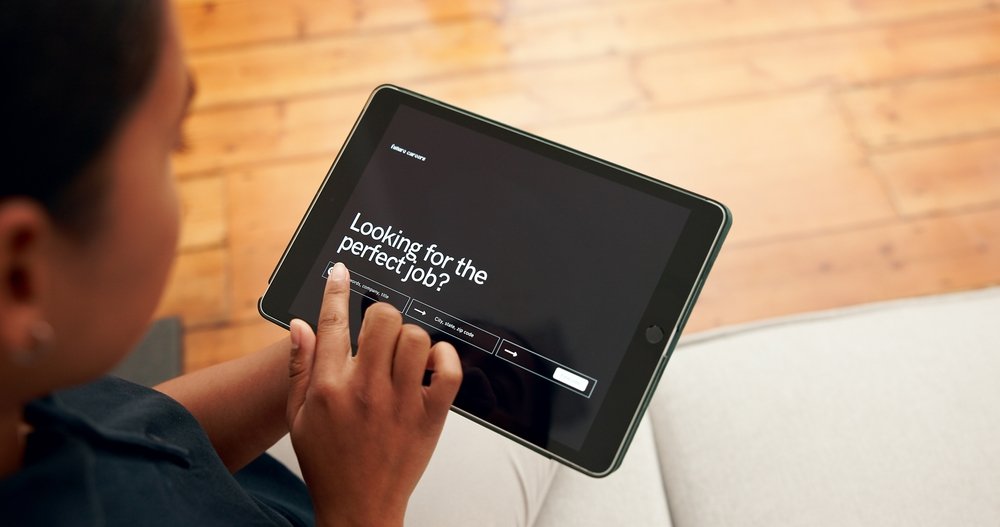In a world where our lives have become increasingly digitised, social media has long served as a mirror—a place to reflect our personalities, share our experiences, and build our digital identities. Yet, a growing number of people are choosing to step away from that mirror. They no longer identify on social media, removing personal information, photos, and even real names from their profiles. This quiet revolution is gaining momentum, signalling a broader cultural shift in how we view online presence, privacy, and personal identity.
The Erosion of Digital Trust
Trust in social media platforms has been deteriorating over the years. From data breaches and algorithmic manipulation to scandals involving unauthorised data harvesting (remember Cambridge Analytica?), users have grown increasingly sceptical of the platforms they once embraced. The more we learn about how our data is used—and misused—the less comfortable many of us feel about sharing our true selves online.
As a result, one of the main motivations behind this trend is a desire for greater privacy and control over one’s digital footprint. Rather than broadcasting every facet of their personal lives, users are opting to minimise their exposure. This can mean using pseudonyms, turning off geotagging, or setting accounts to private. In extreme cases, it means abandoning identifiable accounts altogether.
Mental Health and the Need for Digital Boundaries
Social media has become a double-edged sword. While it enables connection and community, it also fosters unhealthy comparisons, unrealistic beauty standards, and performative behaviours. Numerous studies link social media use to increased levels of anxiety, depression, and low self-esteem, particularly among younger users.
Choosing not to identify on social media becomes a radical act of self-care. Without the pressure to curate a flawless online persona, individuals can experience a greater sense of freedom and emotional well-being. By retreating from visibility, they reclaim control over their mental health and redefine their relationship with technology.
The Allure of Authentic Connection
Ironically, by stepping back from overt self-identification, many people are discovering more authentic interactions online. The absence of names, faces, and bios creates a blank canvas where connections are based on shared interests, values, and conversations rather than surface-level judgments.
This approach echoes the early days of the internet, where anonymity was the norm and people gathered in chat rooms and forums without revealing much about themselves. Today, this resurgence of digital anonymity is a countercultural response to the hyper-personalisation of social media platforms.
A Shield Against Harassment and Cancel Culture
Online spaces can be incredibly hostile, especially for marginalised communities. Harassment, doxxing, and trolling have made it dangerous for some users to be themselves online. By obscuring their identities, individuals can participate in digital discourse without fear of retaliation.
In an age where a single controversial opinion can lead to “cancellation,” anonymity acts as a protective layer. It allows for freedom of expression in an environment that increasingly punishes dissent. While this can be a double-edged sword—enabling toxic behaviour as well—it’s clear that for many, anonymity is not about avoiding accountability but about ensuring safety.
Escaping the Attention Economy
Social media thrives on visibility. The more you share, the more engagement you get; the more engagement, the more dopamine hits. This dynamic keeps users glued to their screens, constantly posting, liking, and refreshing.
But what if you don’t want to be a product of the attention economy? What if you reject the idea that your worth is measured in likes and followers? This mindset is fueling a digital minimalist movement, where users strip their profiles down to the essentials or abandon them altogether.
People are opting out of algorithm-driven popularity contests in favour of slower, more intentional ways of engaging online. They prefer depth over reach, authenticity over aesthetics, and presence over performance.
The Role of Technology in Reinforcing Identity
Our devices increasingly reinforce our identities through facial recognition, voice assistants, and personalised content. These tools, while convenient, also serve to entrench digital personas that are meticulously tracked and monetised.
Choosing not to identify on social media is a form of resistance against this trend. It’s a way of saying: “I am more than the sum of my clicks, likes, and biometric data.” It’s a refusal to be boxed in by algorithms and analytics.
This isn’t just about hiding from Big Tech; it’s about reclaiming one’s digital autonomy. It’s about refusing to participate in a system that demands visibility at the cost of privacy and authenticity.
Digital Fatigue and the Quest for Simplicity
As social media becomes more sophisticated, it also becomes more exhausting. The constant updates, notifications, and trends create a sense of urgency and information overload. Digital fatigue is real, and for many, it’s become overwhelming.
Stepping back from personal identification is a way to simplify one’s digital life. Without the pressure to update a profile or maintain a certain image, users find themselves with more time and mental space. This leads to increased productivity, deeper offline relationships, and a stronger sense of self.
What This Means for Social Media Platforms
This shift poses a significant challenge for social media companies. Their business models rely on data collection, targeted advertising, and user engagement. If more users go anonymous or reduce their online presence, these models could be disrupted.
Platforms may need to adapt by offering more robust privacy tools, anonymous browsing features, and alternative engagement metrics that don’t rely on personal data. There’s a growing demand for ethical social media platforms—spaces that prioritise user well-being over profit.
The Future of Online Identity
The decision to no longer identify on social media isn’t about disappearing—it’s about redefining presence. It’s a conscious choice to engage with technology on one’s terms. In the future, we might see a more diverse range of digital identities, from fully anonymous to selectively curated, reflecting the nuanced ways people relate to the online world.
We may also witness a resurgence of niche communities, encrypted platforms, and decentralised networks that prioritise privacy and user agency. In this landscape, identity becomes fluid, optional, and self-directed.
Conclusion: Toward a More Mindful Digital Existence
Choosing not to identify on social media is more than a trend—it’s a reflection of deeper societal values in flux. As people reassess their relationship with technology, they’re opting for privacy, authenticity, and mental clarity over visibility and validation.
This movement invites us to think critically about our digital behaviours. Are we sharing out of joy or obligation? Are we connected, or just performing connection? Do our online identities serve us, or do they trap us?
By stepping back, by becoming less visible, we might see more clearly. We might rediscover who we are when no one is watching, and in doing so, forge a more meaningful, mindful existence—both online and off.
And that, perhaps, is the most radical form of self-expression yet.
Also Read: The Most Reliable Tech News Sources in 2025



